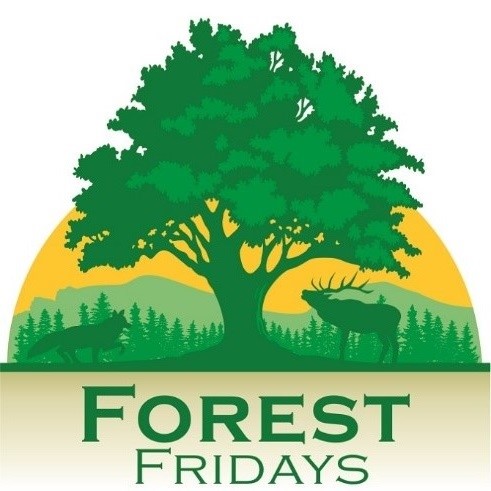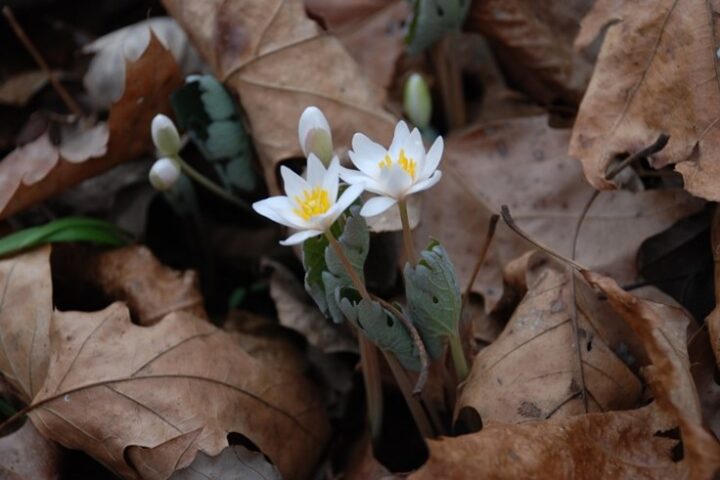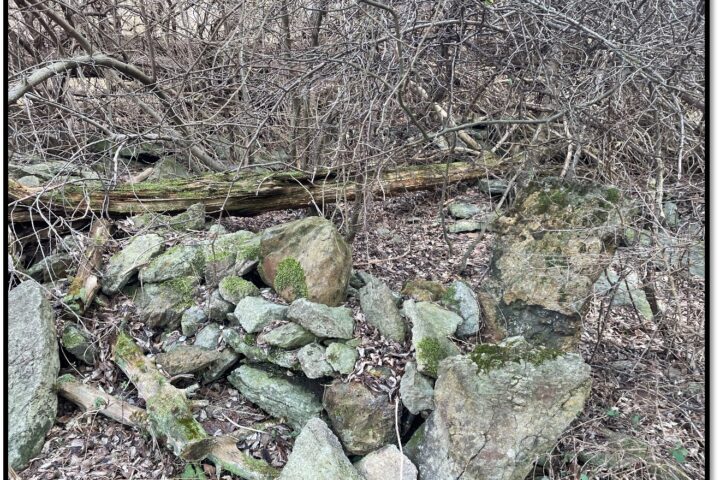
by Dave Scamardella
When I started as a service forester for Bedford and Fulton counties in 2003, my predecessor, Roy Brubaker (the present district manager of Michaux State Forest) had left me a group of dedicated volunteers who were well educated on forestry basics. These volunteers saw lots of high-grading (the unsustainable practice of taking only the best trees during a harvest) and were willing to speak with their neighbors about the problem.
I quickly learned that most site visit requests were about timber sales. The Bureau of Forestry wants private landowners to practice sustainable forestry while receiving a fair price for their wood. However, the bureau wishes to avoid interfering with business between landowners and timber harvesters. A natural question is, how do we accomplish our goals without imposing on those private relationships?
Enter: the PA Forest Stewards (PAFs). The PA Forest Stewards program is a peer-to-peer forestry program, where interested landowners receive annual trainings on sustainable forestry and agree to volunteer to share 40 hours of their time teaching about the concept. This format gives the steward an opportunity to share their new knowledge, connect it to their regional observations, while also sharing other beneficial forestry information.
In 2007, the Buchanan State Forest District offered PAFs and in-service training. With landowner permission, we visited three recent timber sales in which a consulting forester was involved. Once on site, we could discuss what we saw. One was an obvious high-grade, while the others were silvicultural harvests. PAFs learned important lessons by observing and contrasting the harvest types.
I now have at my disposal PAFs who possess valuable local knowledge, in addition to sustainable forestry concepts. New landowners who inquire about harvesting and timber management can be connected to these PAFs who help spread the word about stewardship practices. The strategy appears to be working to some extent. While the practice of high-grading is certainly not eliminated, the principle of providing more information through peer-to-peer conversation is making an impact.
Forest Fridays are published weekly by the Pennsylvania Department of Conservation and Natural Resources (DCNR), Bureau of Forestry.




